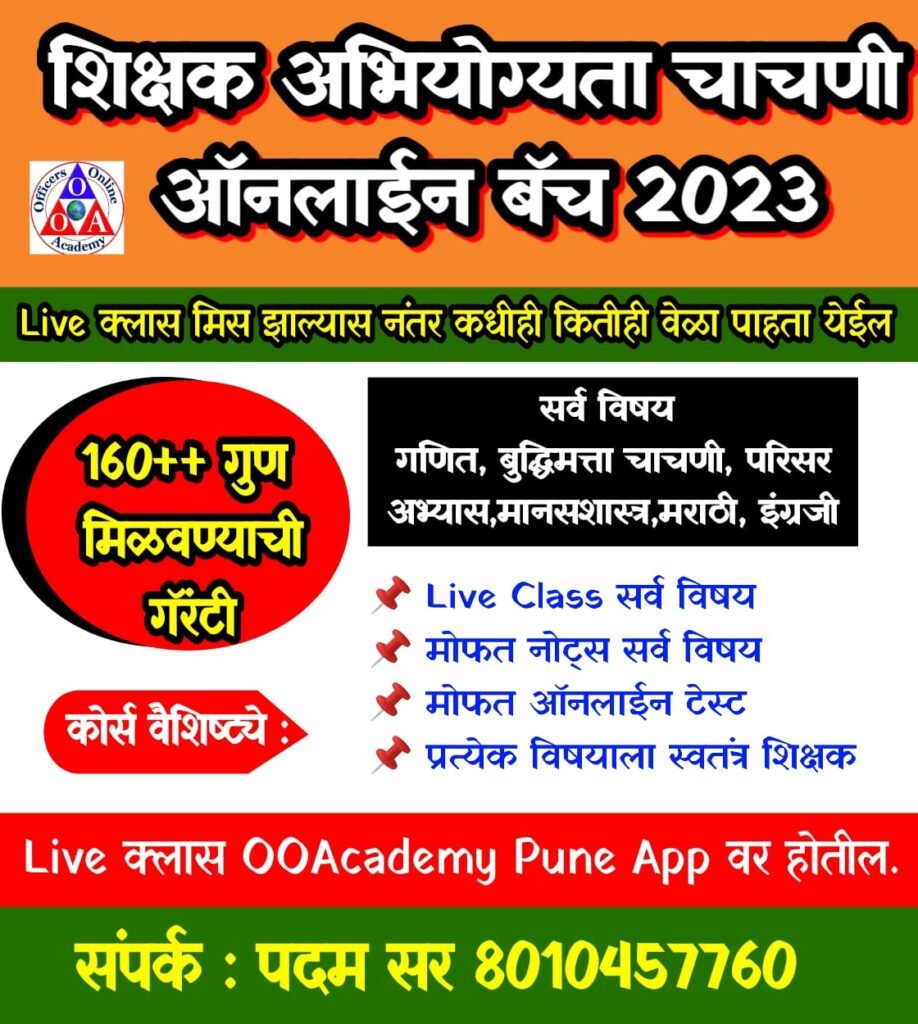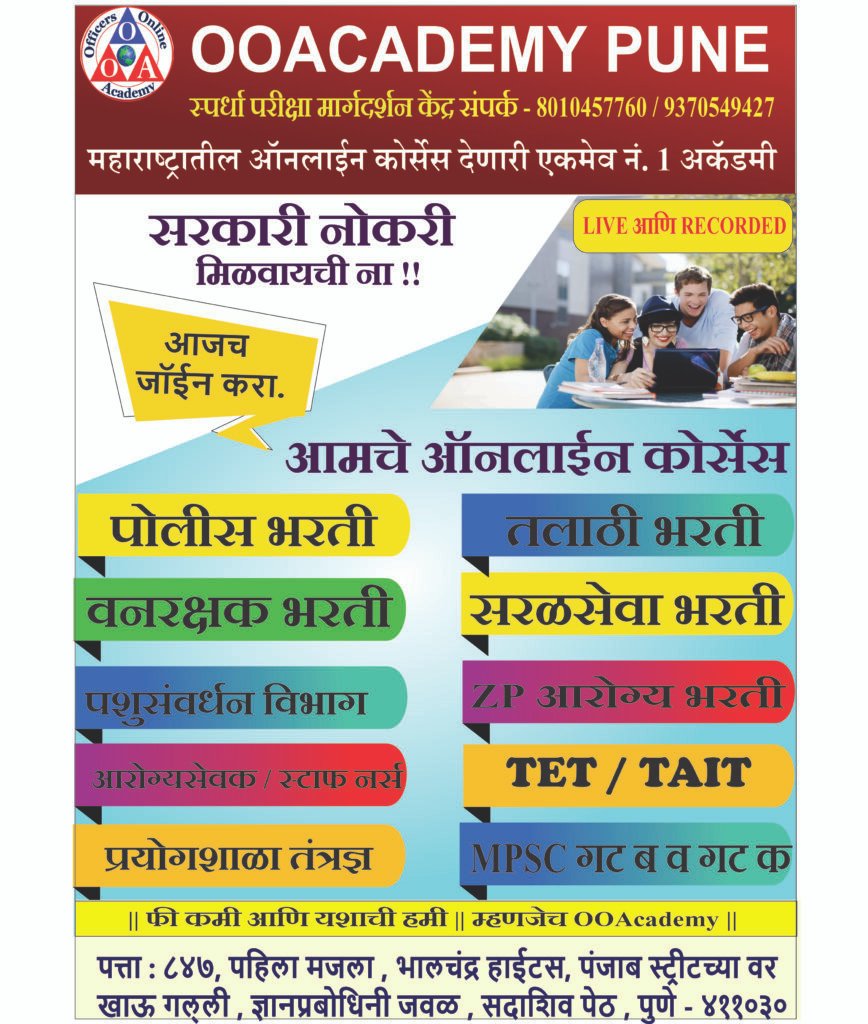RRB JE Syllabus for Civil & Allied Engineering
RRB JE Syllabus Civil RRB JE Syllabus for Civil & Allied Engineering
RRB JE Syllabus for Civil & Allied Engineering
Engineering Mechanics-
- Force (resolution of force, moment of force, force system, composition of forces),
- Equilibrium, Friction, Centroid
- Center of gravity, Simple machines.
Building Construction-
- Building components (substructure, superstructure), type of structure (load bearing, framed and composite structures).
Building materials-
- Masonry materials (stones, bricks, and mortars),
- Timber and miscellaneous materials (glass, plastic, fiber, aluminum steel, galvanized iron, bitumen, PVC, CPVC, and PPF).
Construction of substructure-
- job layout,
- earthwork,
- foundation (types, dewatering, coffer dams, bearing capacity).
Construction of superstructure-
- stone masonry,
- brick masonry,
- Hollow concrete block masonry,
- composite masonry,
- cavity wall,
- doors and windows,
- vertical communication (stairs, lifts, escalators), scaffolding and shoring.
Building finishes-
- Floors (finishes, process of laying),
- walls (plastering, pointing, painting)
- roofs (roofing materials including RCC).
Building maintenance-
- Cracks (causes, type, repairs- grouting, guniting, epoxy etc.), settlement (causes and remedial measures),
- re-baring techniques.
Building drawing-
- Conventions (type of lines, symbols),
- planning of building (principles of planning for residential and public buildings,
- rules and byelaws), drawings (plan, elevation, section, site plan, location plan, foundation plan, working drawing),
- perspective drawing.
Concrete Technology-
- Properties of various types/grades of cement,
- #properties of coarse and fine aggregates,
- properties of concrete (water cement ratio,
- properties of fresh and hardened concrete),
- Concrete mix design, testing of concrete,
- quality control of concrete (batching, formwork, transportation, placing, compaction, curing, waterproofing),
- extreme weather concreting and chemical admixtures,
- properties of special concrete (ready mix, RCC, pre-stressed, fiber reinforced, precast, high performance).
Surveying-
- Types of survey,
- chain and cross staff survey (principle,
- ranging, triangulation, chaining, errors, finding area), compass survey (principle, bearing of line, prismatic compass, traversing, local attraction, calculation of bearings,
- angles and local attraction) leveling (dumpy level, recording in level book,
- temporary adjustment, methods of reduction of levels,
- classification of leveling, tilting level, auto level, sources of errors, precautions and difficulties in leveling), contouring (contour interval,
- characteristics, method of locating, interpolation,
- establishing grade contours, uses of contour maps), area and volume measurements, plane table survey (principles, setting, method),
- theodolite survey (components, adjustments, measurements, traversing), Tacheometric survey, curves (types, setting out),
- advanced survey equipment, aerial survey and remote sensing.
Computer Aided Design-
- CAD Software (AutoCAD, Auto Civil, 3D Max etc.),
- CAD commands,
- generation of plan,
- elevation,
- section,
- site plan,
- area statement,
- 3D view.
Geo Technical Engineering-
- Application of Geo Technical Engineering in design of foundation,
- pavement,
- earth retaining structures,
- earthen dams etc.,
- physical properties of soil,
- permeability of soil and seepage analysis,
- shear strength of soil,
- bearing capacity of soil,
- compaction and stabilization of soil,
- site investigation and sub soil exploration.
Hydraulics-
- properties of fluid,
- hydrostatic pressure,
- measurement of liquid pressure in pipes,
- fundamentals of fluid flow,
- flow of liquid through pipes,
- #flow through open channel,
- flow measuring devices,
- hydraulic machines.
Irrigation Engineering-
- Hydrology,
- investigation and reservoir planning,
- percolation tanks,
- diversion head works.
Mechanics of Structures-
- Stress and strain,
- shear force and bending moment,
- moment of inertia,
- stresses in beams, analysis of trusses, strain energy.
Theory of structures-
- Direct and bending stresses,
- slope and deflection,
- fixed beam,
- continuous beam,
- moment distribution method,
- columns.
Design of Concrete Structures-
- Working Stress method,
- Limit State method,
- analysis and design of singly reinforced and doubly reinforced sections,
- shear,
- bond and development length,
- analysis and design of T Beam, s
- lab,
- axially loaded column and footings.
Design of Steel Structures-
- Types of sections,
- grades of steel,
- strength characteristics,
- IS Code,
- Connections,
- Design of tension and compression members,
- steel roof truss,
- beams,
- column bases.
Transportation Engineering-
- Railway Engineering (alignment and gauges,
- permanent way,
- railway track geometrics,
- branching of tracks,
- stations and yards,
- track maintenance),
- Bridge engineering (site selection, investigation, component parts of bridge, permanent and temporary bridges, inspection and maintenance),
- Tunnel engineering (classification, shape and sizes, tunnel investigation and surveying, method of tunneling in various strata, precautions, equipment, explosives, lining and ventilation).
Highway Engineering-
- Road Engineering,
- investigation for road project,
- geometric design of highways,
- construction of road pavements and materials,
- traffic engineering,
- hill roads,
- drainage of roads,
- maintenance
- repair of roads.
Environmental Engineering-
- Environmental pollution and control,
- public water supply,
- domestic sewage,
- solid waste management,
- environmental sanitation,
- plumbing.
Advanced Construction Techniques and Equipment-
- Fibers and plastics,
- artificial timber,
- advanced concreting methods (under water concreting,
- ready mix concrete,
- Tremix concreting,
- special concretes),
- formwork,
- pre-fabricated construction,
- soil reinforcing techniques,
- hoisting and conveying equipment,
- earth moving machinery (exaction and compaction equipment),
- concrete mixers,
- stone crushers,
- pile driving equipment,
- working of hot mix bitumen plant,
- bitumen paver,
- floor polishing machines.
Estimating and Costing-
- Types of estimates (approximate,
- detailed),
- mode of measurements
- rate analysis.
Contracts and Accounts-
- Types of engineering contracts,
- Tender and tender documents,
- payment,
- specifications.
Related Stories on www.mazasarav.com


0 thoughts on “RRB JE Syllabus for Civil & Allied Engineering”